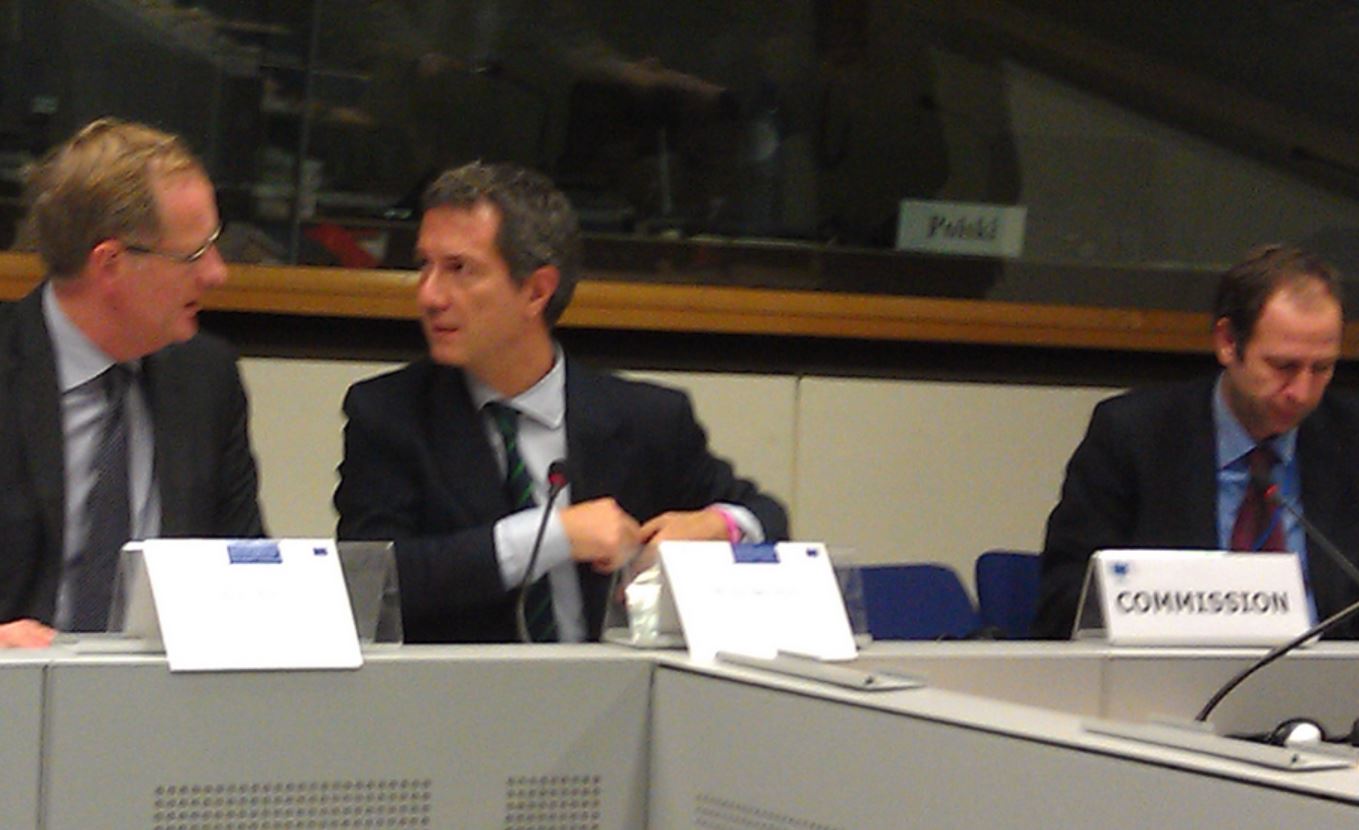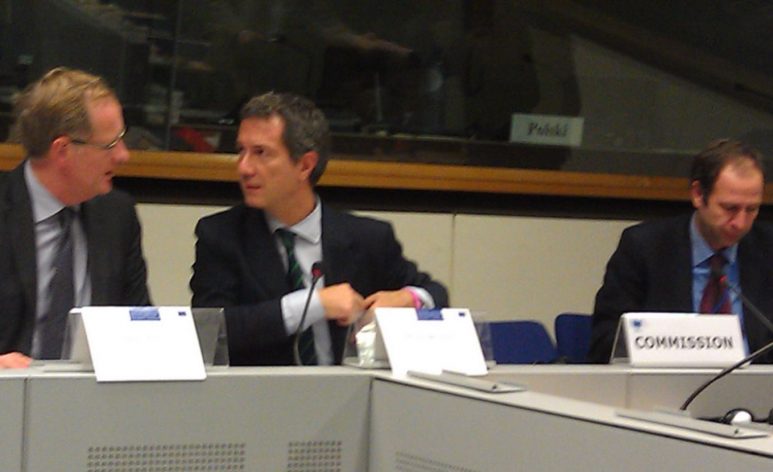Dates: 7-9 November 2013
Region: Western Balkans and Turkey


This was the first round of consultation between multi-stakeholders from the enlargement region and European Commission’s representatives. As one of the participants at the meeting in European Commission, MDI has intervened suggesting better media literacy programmes for journalism colleges and universities to be included in the EU Guidelines for media in the enlargement region.
“Due to massive tabloidization of the regional media, yet due to the expansion of social networks and digital media, there is a growing need for a systematic media literacy education of citizens of all levels and age, but urgently of the teenagers”, said MDI Communication Manager Dasha Ilic in Brussels.

Mr Andris Kesteris, Principal Adviser for civil society and media in European Commission, was also present at the meeting, while the general conclusions of the working groups have been presented to Mr Joost Korte, Deputy Director General for Enlargement in the European Commission.
“The Commission is committed to support meeting the objective of achieving sustainable conditions for freedom of expression and media. At the same time, the Commission recognises that genuine professional and independent media cannot be created exclusively with political support and financial assistance from the outside. With limited resources available it is important that the identified priorities are taken up and founded in national and regional strategies and owned and developed by media sector stakeholders themselves”, states the draft guidelines for EU support.
The meeting in Brussels was first of the consultation the Commission is planning to conduct with media community and civil society from the enlargement region in order to propose a long-term engagement required by the nature of the issues raised.

